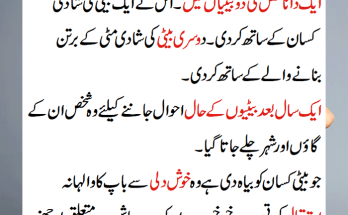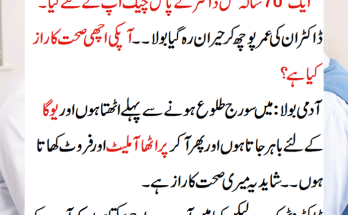
London: Scientists have finally proved what conventional wisdom has been telling us for decades being stressed causes hair to go grey. However, in a stunning revelation, researchers from Columbia University also found the process can be reversed in hairs that have only recently turned grey. Reducing stress could stave off grey hair, scientists say, and it is hoped drugs could be developed to further prevent the unwanted process.
The study found hairs from all over the scalp can reverse greying. It also discovered that beard and pubic hairs can regain their colour after starting to go grey. Scientists believe the root of the greying issue comes from changes to metabolic pathways which form proteins in the body. These pathways are heavily influenced by hormones produced when a person is stressed, and relieving stress can therefore undo the process.
Turn White Hair Into Black Naturally
An extensive piece of research published online as a pre-print and currently undergoing peer-review for publication in a journal has detailed how hairs go grey. Scientists plucked hairs from the head of willing volunteers and created a new imaging technique that detects pigment throughout a hair, from base to tip. Their new method of analysis is similar to the study of tree rings, where a section is linked to a specific period of time, the researchers say. For trees, a year correlates to another growth ring. In hair, a centimetre grows every month.
‘Using this methodology, similar to dendrochronology where tree rings represent elapsed years, hair length reflects the time and the hair shaft is viewed as a physical time scale whose region proximal to the scalp has been most recently produced by the hair follicle, and where the hair tip represents weeks to months in the past, depending on the hair shaft length,’ the researchers write in their study.
Researchers were assessing the amount of melanin — which gives hair its colour — and what proteins were present in different parts of the hair. They expected to see hairs greying at the base, as hairs grow from the scalp, not from the tip. However, when they took almost 400 hairs from 14 people, they found the opposite. Some hairs were grey at the tip but were coloured at the base.
This, the researchers explain, means a hair has greyed and then, inexplicably, stopped greying and returned to its normal colour. Using the known growth rate of hair, researchers were able to specifically trace back when in a person’s recent history the hair went grey.
They found grey periods matched up with increased levels of stress and the transition from grey to coloured occurred when stress was alleviated. For example, one participant in the study went on holiday and this correlated with a switch from white hair back to coloured hair.
The study cannot prove the removal of stress caused the reversal in greying, but the scientists believe it is the most likely explanation. Writing in their study, they say: ‘Our data strongly support the notion that human ageing is not a linear and irreversible biological process and may, at least in part, be halted or even reversed.’
Writing in their study the team of academics at the Picard Lab at Columbia University and in collaboration with Dr Ralf Paus say that the proteins found in the hairs directly implicate metabolic pathways as the culprit behind greying hair.
They say these pathways are ‘reversible in nature and sensitive to stress-related neuroendocrine factors. ‘This result provides a plausible biological basis for the reversibility of greying and its association with psychological factors, and also supports the possibility that this process could be targeted pharmacologically,’ they add.
However, the researchers say that although it appears going grey can be brought on by stress, it most likely can only be reversed in hairs that have recently greyed. Greying can only be reversed when undoing the impact of stress-related whitening.
Other factors which play a role in dictating when a person’s hair loses its colour, include genetics and smoking. If these factors cause greying, removal of stress will not reverse this process. via daily mail









